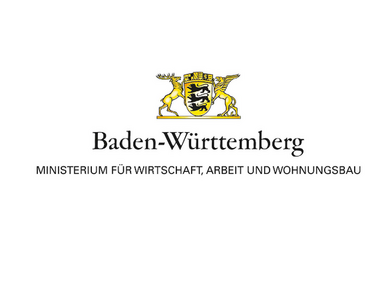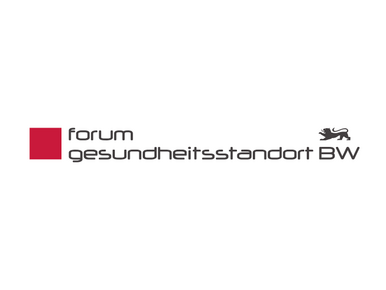New technologies for patients - translational platform for nanosensor-based medical diagnostics
Digitisation in medicine is also changing the patient-doctor relationship. Video consultations will increasingly replace doctor's visits, and time-critical or therapy-accompanying analyses must then be executable as patient self-tests. Up-to-date patient data will enable the telemedicine specialist to adapt the therapy directly to the patient's personal needs. The aim is to reduce side effects, increase survival rates and reduce treatment costs.
The project combines technological advances in molecular medicine, nanotechnology and digital technology to prepare industry in Baden-Württemberg for next-generation diagnostics. A therapy-accompanying self-test for kidney transplant patients and a patient self-test for detecting antibiotic-resistant pathogens and inflammation serve as demonstrators for future applications in telemedicine or by nursing staff.
Furtwangen University's work is focused on the subproject to develop a nanopore assay for small molecules.
Project partners
- Hahn-Schickard Institute for Microanalysis Systems, Freiburg (coordination)
- Hahn-Schickard-Institute for Micro- and Information Technology, Villingen-Schwenningen
- Hahn-Schickard-Institute for Microassembly Technology, Stuttgart
- NMI Natural and Medical Sciences Institute, Reutlingen
- University of Freiburg, Physiological Institute, Freiburg
- Furtwangen University
- Institute for Laser Technologies in Medicine and Measurement, Ulm (ILM)
Your key contact
I will be happy to answer any questions about the project


